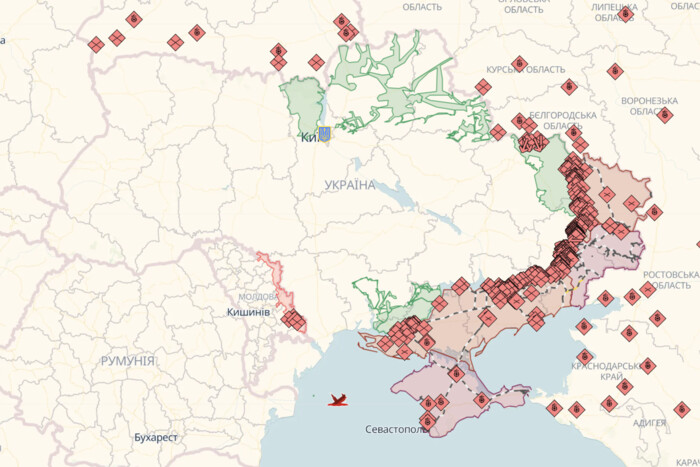New sources of natural hydrogen. What scientists discovered.


Areas inside mountain ranges may be promising sites for natural hydrogen production
Scientists from the Helmholtz Centre for Geological Sciences have discovered that areas inside mountain ranges may be advantageous for natural hydrogen production, as deep mantle rocks are present here. This is claimed by the portal Interesting Engineering, citing the researchers' study.
Hydrogen is considered a promising environmentally friendly fuel, but its synthetic production today relies on fossil fuels. However, scientists have found that mountain ranges, such as the Pyrenees, Alps, and certain regions of the Himalayas, may contain huge reserves of natural hydrogen.
Researchers using plate tectonic modeling found that hydrogen can be formed in large quantities through the process of serpentinization. In this process, mantle rocks react with water and form new minerals and gaseous hydrogen.
Mantle rocks, which are usually located deep underground, can be brought to the surface through tectonic movements. Mountain ranges are the most suitable locations for such a process. According to scientists' calculations, mountain ranges can produce hydrogen 20 times more per year than rift zones.
Researchers point out that mountain ranges contain appropriate reservoir rocks for hydrogen accumulation, which can be extracted. Currently, studies are being conducted in regions where the first signs of natural hydrogen have already been detected, such as the Pyrenees, Alps, and the Balkans.
'Overall, we may be at a turning point in the study of natural hydrogen. Thus, we may witness the emergence of a new natural hydrogen industry,' said lead scientist Frank Zwaan.
Singaporean startup Flint has developed paper batteries that are cheaper, safer, and more environmentally friendly compared to lithium-ion batteries.
Researchers from the University of Illinois in Urbana-Champaign (USA) are exploring ways to use pomelo peel to develop tools that can power small electronic devices and control biomechanical movements.
Read also
- Russia destroyed Taras Topolya and Alyosha's apartment (video, photo)
- Enemy losses as of June 23, 2025 – General Staff of the Armed Forces of Ukraine
- Online battle map of Ukraine as of June 23: situation at the front
- Frontline situation as of June 22, 2025. Summary of the General Staff
- Russia released Crimean journalist Yesypenko after four years of torture
- Scandal in the 'Mahura' Brigade: the Commander Reveals Who Was Found Guilty










